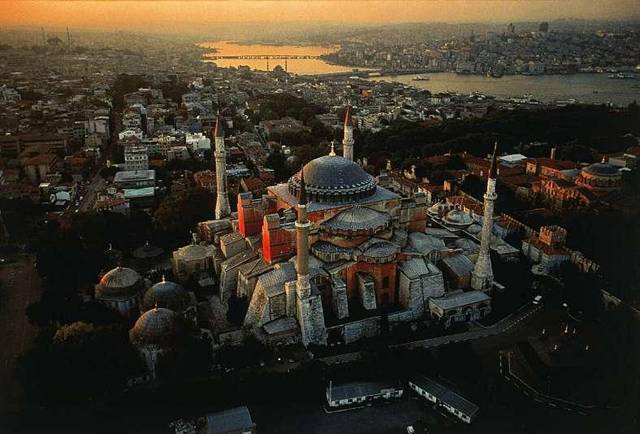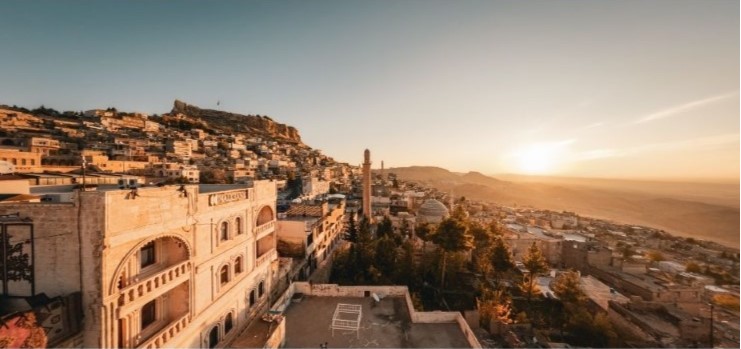UPG File: The Turks
[column width=”1/6″ title=”” title_type=”single” animation=”none” implicit=”true”]
[/column]
[column width=”4/5″ last=”true” title=”” title_type=”single” animation=”none” implicit=”true”]
Every week on Wednesdays, we profile one of the 728 UPGs in the region that Live Dead Silk Road focuses on. These profiles are meant to give you some information about these peoples so that you can pray for them. They’re the people to whom we are striving to bring the gospel. But what does it mean to be a UPG? What is an “unreached people group”? Find out here.
 One fact more than any other illustrates the difficulty of planting the church among the Turkish people:
One fact more than any other illustrates the difficulty of planting the church among the Turkish people:
They see themselves as the conquerors of Christianity.
The Turks originated in Turan, a region between the Caspian Sea and Mongolia. They arrived in Anatolia—the Asian part of Turkey—in the 11th century. Almost immediately, they began driving out the tribes and people groups that were in the land.
Within a few hundred years, they were known as the Ottomans, a Muslim dynasty that grew into an empire. In 1453, the Ottoman sultan conquered Constantinople, which had been the capital of Christendom, and Turkey has been under Muslim rule ever since.
Turks now make up the largest unreached people group within the scope of Live Dead Silk Road. Out of a worldwide total of 59 million Turks, 53 million live in Turkey.
Nearly two-thirds of Turks are urbanized, living in the metropolitan centers of Istanbul (formerly Constantinople), Ankara, Izmir, and Adana. Those who live in the cities lead largely modern lives. Both men and women work in the professions of medicine, law, and engineering. Shopkeepers and restaurant owners are typically men, while both women and men can earn a living in skilled trades.
Turks who do not live in the major cities generally work in the agricultural sector, and some peasants survive as nomads, moving with their herds in search of green pastures.
More than 97 percent of Turks identify as Muslims, and only about 3,000 Turks are evangelical Christians. This means that among ethnic Turks, Muslims outnumber Christians 20,000 to 1. In general, they are nominal Muslims, but their religious identity is tied closely to a strong Turkish nationalism.
The church in Turkey is small and under constant and increasing pressure from the government and broader society. Persecution of Turkish believers is intense, and many who profess allegiance to Jesus eventually slip back into nominal Islam.
How you can pray
Several Live Dead Silk Road church-planting teams are working among Turks.
Pray for the message of the gospel to find good soil and for the church to be established.
Pray for the team leaders and team members, many of whom are new to the country, as they learn the Turkish language and culture.
Are you looking for an opportunity to more deeply connect with praying for unreached people groups like the Turks? Learn more on the Pray page.
[/column]





